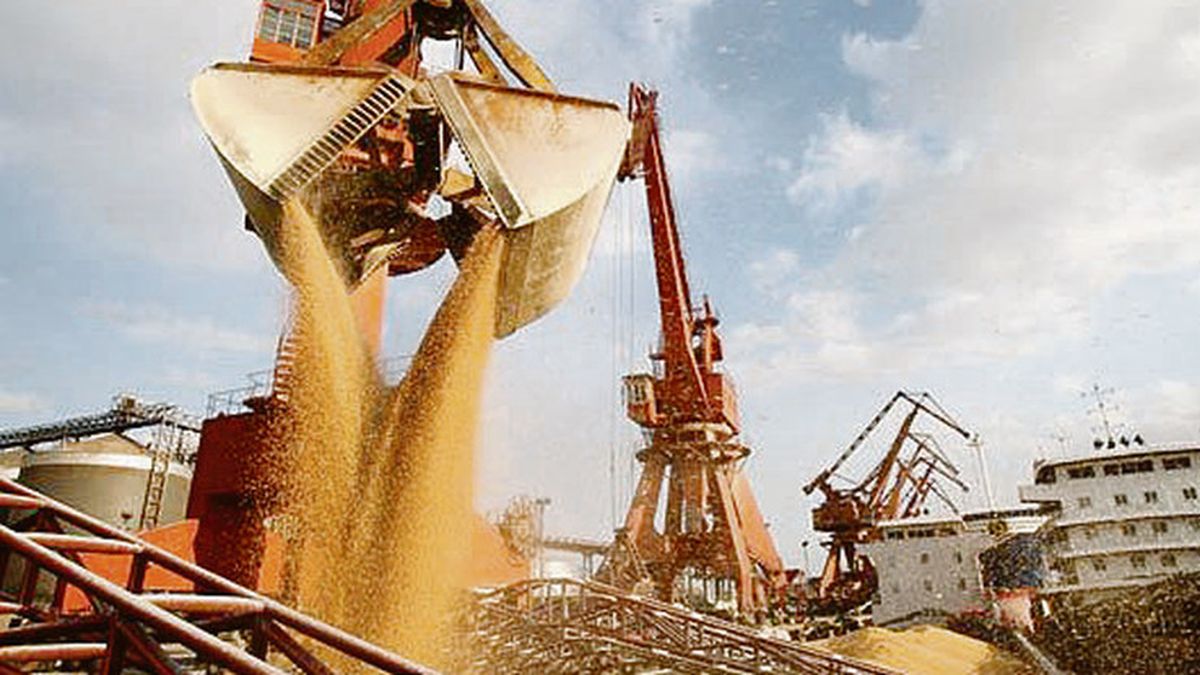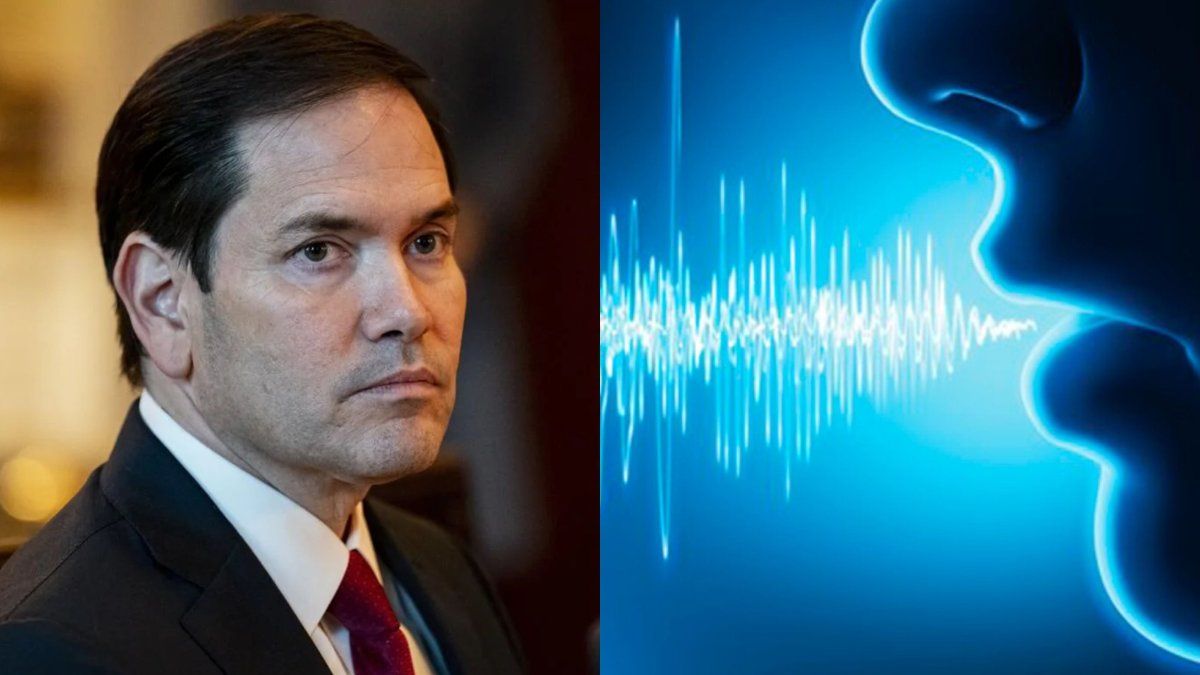German Chancellor Olaf Scholz today rejected a request within a sector of his ruling coalition to reopen nuclear power plants to deal with rising energy prices.
Scholz closed the discussion, and considered that nuclear energy is a “dead horse” in his country.
“Nuclear power is finished. It is no longer used in Germany and the phasing out has been done by law, ”he stressed in an interview with Deutschlandfunk public radio, in statements carried by the DPA and Bloomberg news agencies.
The chancellor thus responded to the claims of the Liberals (FDP), the centrist and “pro-market” junior partner of a tripartite coalition headed by the Social Democratic Party (SPD), and which also includes the Greens.
The FDP demands that the decision to decommission nuclear power plants be reviewed due to the continuing increase in electricity costs, which is a burden on the economy and, in particular, on energy-intensive industries.
Instead, both Scholz’s SPD and the Greens reject the return of nuclear power and, in return, are in favor of subsidizing bills, a proposal that the Liberals reject.
The last three nuclear power plants in Germany (Emsland, Isar 2 and Neckarwestheim 2) stopped working last April, after temporarily extending their useful life to face the supply crisis after the war between Russia and Ukraine.
Nuclear power once accounted for as much as 30% of the electricity produced in Germany at the turn of the millennium, then fell to 4% by the time the last plants were shut down.
The plans to abandon this energy source were announced by Berlin in 2011, after the Fukushima incident in Japan and the strong civil movement that called for the closure of the establishments.
However, the debate remained open, since, given the still lack of sufficient renewable infrastructure, part of the energy from the closed plants was replaced by imports or by the opening of coal-based plants, one of the most polluting sources.
“We must ensure that Germany has structurally cheap energy production. We are doing it with the expansion of renewable energies, even at a rate that did not exist before,” said the president, who emphasized, in particular, the development of hydrogen.
In this sense, Scholz reiterated his administration’s commitment to continue investing in renewable sources, aiming to cover 80% of German demand by the end of this decade and 100% “shortly after” that date.
Source: Ambito




